Deal or destruction? Tehran killing will force Bibi’s hand
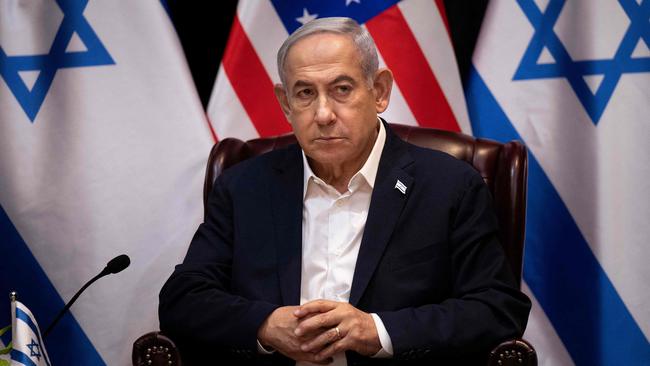
The former policy, victory over Hamas, has wide appeal and is articulated often by Prime Minister Benjamin Netanyahu. I count 182 mentions by him of “victory” in 63 discrete statements. “Our victory is your victory,” he said June 6 on French television. “Our victory is the victory of Israel against anti-Semitism. It is the victory of Judaeo-Christian civilisation against barbarism. It is the victory of France.”
Netanyahu speaks of “complete victory”, “total victory”, “clear victory”, “absolute victory”, “decisive victory” and “full victory”. He wore a “Total Victory” baseball cap on his flight to the US last week and at his visit with Donald Trump.
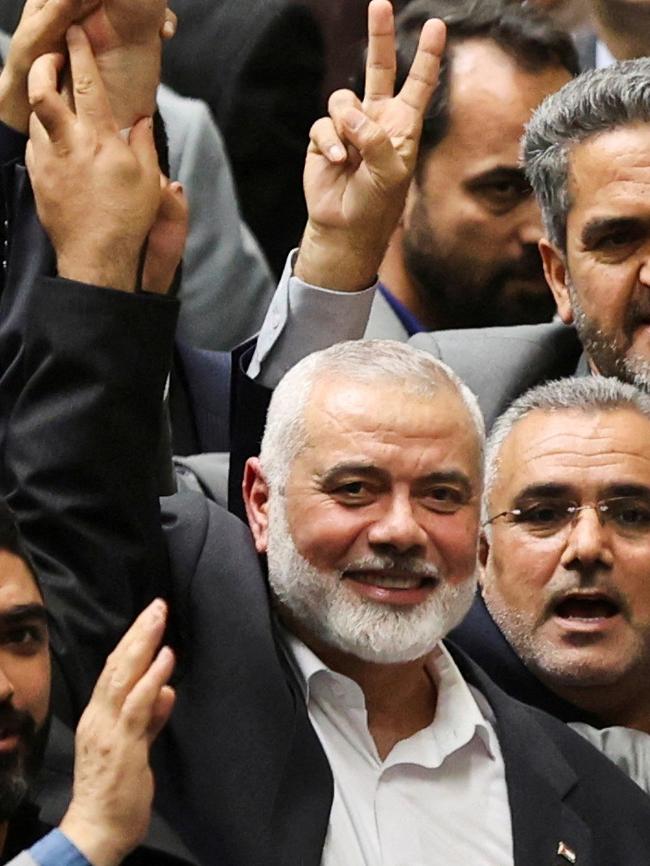
But Netanyahu also pursues the latter policy: negotiate with Hamas and permit it to survive in exchange for the release of Israeli hostages. In agreeing to haggle with Hamas, Netanyahu heeds the demands of two powerful lobbies. Western and many Arab governments want a hostage deal, which they see as the best way to prevent a regional conflagration. Fighting already includes Iran, Syria, Lebanon, Jordan, Saudi Arabia, Gaza, the Red Sea and Yemen; governments fear that further expansion would drag in their forces.
A domestic lobby pressures Israel’s government to make the return of hostages its paramount goal. Its members march in the streets, occupy parliament, recruit opposition parties and spin conspiracy theories. This lobby includes military leaders. “The release of all hostages is the supreme mission of the war, before any other mission and at the top of our priorities,” Major General (res) Noam Tibon told a rally.
Major General Amos Gilad (res) declared: “No victory is possible over Hamas if it later turns out that not everything possible was done to retrieve them. An exchange is a matter of national security.”
For nearly 10 months, Netanyahu equivocated between victory and hostages. He ordered a military assault on Gaza that much reduced Hamas’s capabilities even as he sent emissaries to foreign cities to hash out a deal with it. He spoke of “total victory” while trying not to provoke his foreign allies or domestic foes. Indecision also staved off the possibility of the governing coalition collapsing during wartime. Netanyahu postponed difficult choices.
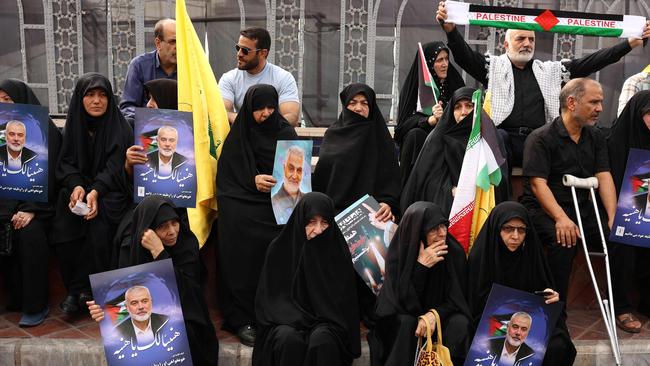
But if indecision had an inner logic, it had three major costs. First, it condemned the hostages to more suffering. They didn’t win release, either through a deal or through an Israeli victory. To quote Tikvah, an organisation of hostage families: “The most correct and effective way of retrieving the hostages is by applying uncompromising pressure on Hamas, until the hostages become a liability for Hamas instead of an asset.” Second, indecision exacerbated dissension within the Jewish state, where an unending argument among Israelis grew heated and even violent.
Third, it damaged the security of Israelis. The country that once made “no negotiating with terrorists” its mantra, and pulled off the 1976 Entebbe raid, now called the return of hostages “the supreme mission”. This makes abduction a powerful tool of warfare and implicitly invites further kidnapping.
The drama and chutzpah of killing Haniyeh on a ceremonial visit to Iran appears to end the indecision. Netanyahu has thrown down the gauntlet, indicating that Israel intends to crush Hamas and win rather than negotiate with it and permit it to survive.
As ever, victory requires greater bravery and sacrifices, making it the more difficult choice. As ever, it alone offers success.
Daniel Pipes is president of the Middle East Forum and author of Israel Victory: How Zionists Win Acceptance and Palestinians Get Liberated. This was first published in The Wall Street Journal.

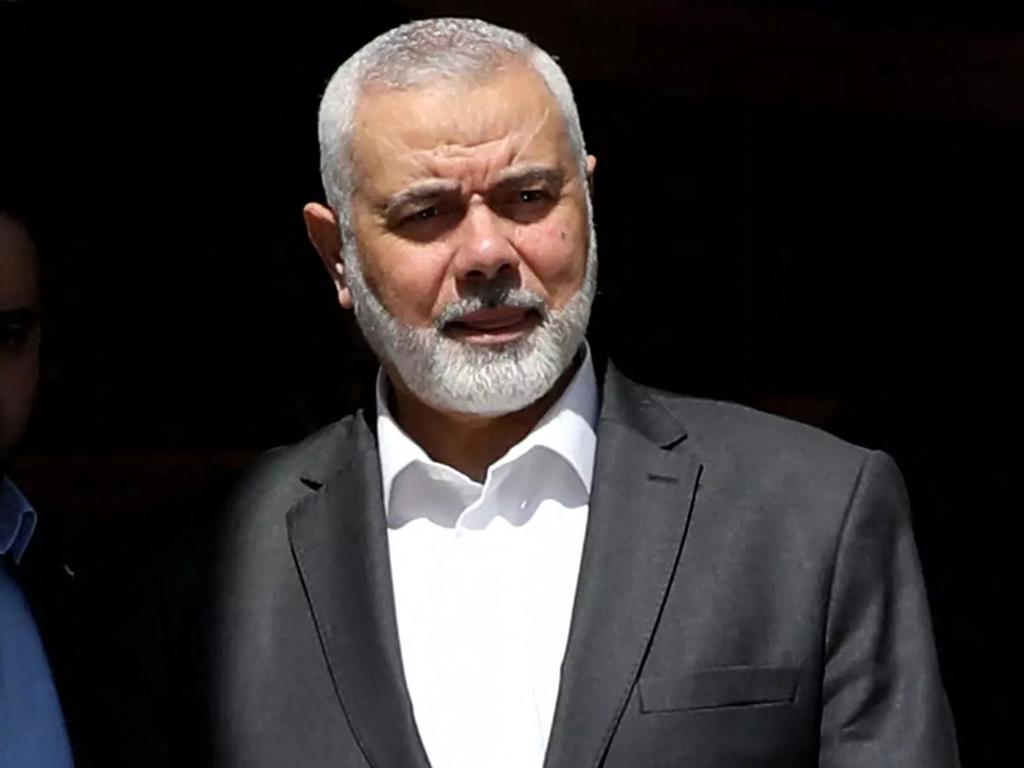

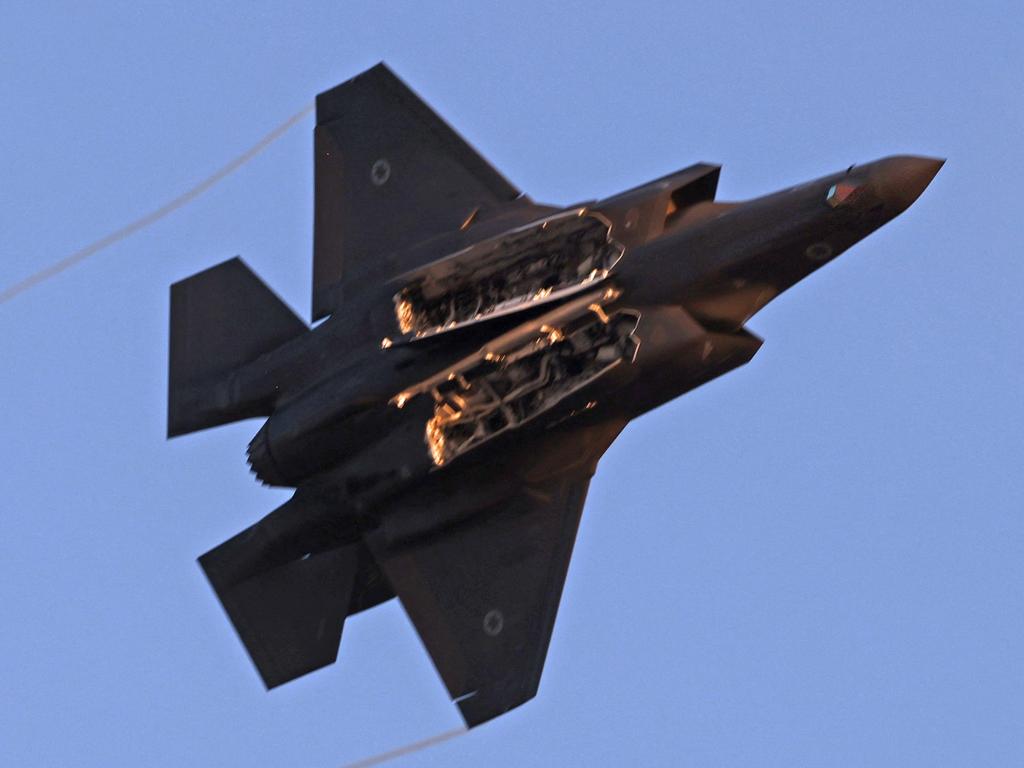


Israel followed two opposite policies toward Hamas since October 7: destroy the organisation, and make a deal with it. This unfortunate two-track approach resulted in many costs to Israel. The killing of Ismail Haniyeh on Wednesday perhaps marks the end of this protracted indecision.